By Suraj Karowa, ANW

London, October 17, 2025 – In a landmark legal battle echoing decades of controversy, more than 3,000 individuals in the United Kingdom have launched a joint claim against Johnson & Johnson (J&J), seeking over £1 billion ($1.34 billion) in damages. The plaintiffs allege that the pharmaceutical giant knowingly sold talcum-based baby powder contaminated with asbestos, a known carcinogen, leading to cancers and other severe illnesses. The case, filed in the UK High Court’s Manchester Circuit Commercial Court, spans products sold from 1965 to 2023 and accuses J&J of prioritizing profits over public safety.
The lawsuit, represented by KP Law firm, draws on internal company documents, scientific reports, and memos dating back to the 1960s. Claimants assert that J&J was aware of asbestos fibers in its talc as early as 1969, when an internal memo recommended minimizing tremolite—a form of asbestos—until proven safe. By the 1980s, asbestos’s cancer risks were universally acknowledged, yet J&J allegedly lobbied U.S. regulators to avoid strict oversight on talc products. Plaintiffs claim the company only discontinued talc-based powders in the UK in 2023, switching to cornstarch alternatives—three years after doing so in North America.

“Talc is mined near asbestos deposits, making contamination inevitable without rigorous purification,” explained lead lawyer Tom Longstaff. “J&J orchestrated denials and subterfuge for over 50 years, exposing generations to harm.” The suit names J&J and Kenvue Ltd., its spun-off consumer health unit from 2023, which inherited international talc liabilities outside the U.S. and Canada.
Affected individuals report devastating personal stories. Siobhan Ryan, 63, a mother and grandmother, shared her ordeal with BBC News: “My mother used it, I used it on myself and my babies. It was soft, smelled nice—I thought I was protecting them.” Diagnosed with stage-four ovarian cancer, Ryan has endured chemotherapy, sepsis, and surgery. Doctors deem her condition inoperable. “They knew it was contaminated and sold it anyway,” she said, tearfully. Other claimants link usage to mesothelioma, uterine fibroids, and deaths from ovarian cancer.
This UK action follows J&J’s turbulent history in the U.S., where tens of thousands of lawsuits have alleged similar misconduct. In June 2024, J&J settled for $700 million nationwide over misleading marketing. Just last week, a Los Angeles jury awarded $966 million to a woman’s family who died from cancer tied to J&J products. Globally, J&J faces scrutiny; in 2019, the FDA detected asbestos in a recalled batch, prompting voluntary withdrawals.
J&J deflected inquiries to Kenvue, stating the separation assigned talc litigation responsibilities abroad. Kenvue expressed sympathy for cancer sufferers but insisted in a BBC statement: “Our baby powder was compliant with regulations, asbestos-free, and does not cause cancer.” They cited decades of testing by independent labs, universities, and authorities worldwide backing its safety.
Experts highlight talc’s risks: Naturally occurring alongside asbestos, traces can persist despite processing. The World Health Organization classifies asbestos as a Group 1 carcinogen, linked to ovarian cancer and mesothelioma via genital application or inhalation. A 2020 JAMA study found a 20-30% increased ovarian cancer risk from talc use, though causation debates persist amid conflicting research.
The case will be judge-decided, not jury, focusing on evidence like 1970s lab reports showing asbestos in J&J talc samples. Longstaff vowed relentless pursuit: “The scale of wrongdoing demands accountability.”
If successful, the payout could exceed £300,000 per claimant, straining Kenvue’s finances (2024 revenue: $15 billion). J&J, valued at $400 billion, has reserved $11 billion for U.S. talc settlements but denies liability internationally.
Broader implications loom for consumer product safety. Advocacy groups like the Environmental Working Group call for global talc bans, noting cornstarch alternatives’ availability since the 1990s. UK regulators, including the Medicines and Healthcare products Regulatory Agency, may face questions on oversight lapses.
This lawsuit underscores corporate transparency issues in Big Pharma. As Ryan reflected, “We trusted them with our families’ health.” Hearings begin next month; a ruling could set precedents for EU-wide claims.
Meanwhile, related stories: A former U.S. Marine fights extradition for training Chinese pilots; Smucker’s sues Trader Joe’s over sandwich knockoffs; Florida officials accused of hiding “Alligator Alcatraz” funds.
Discover more from AMERICA NEWS WORLD
Subscribe to get the latest posts sent to your email.




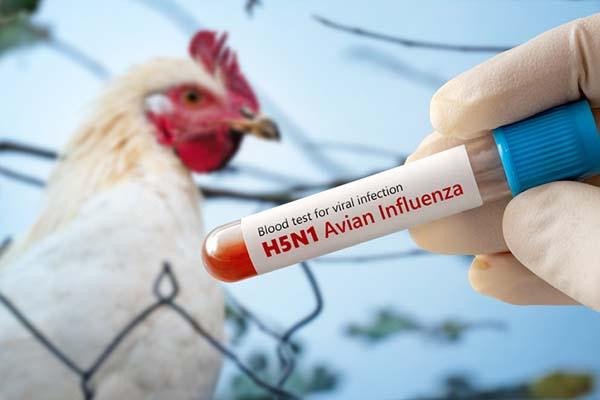
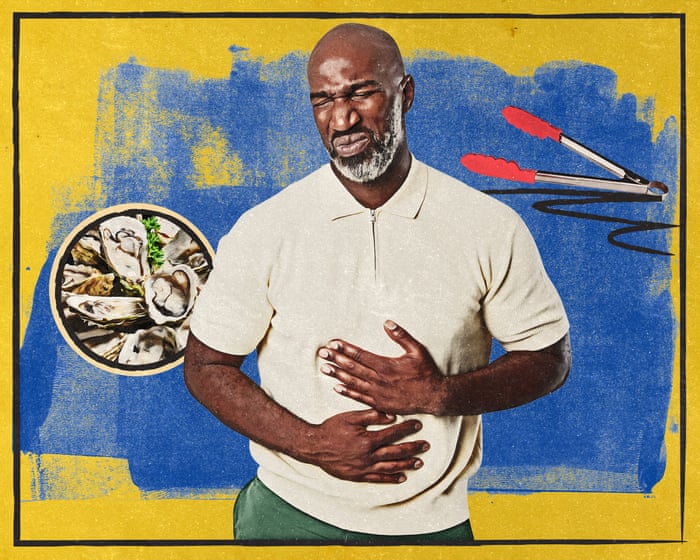


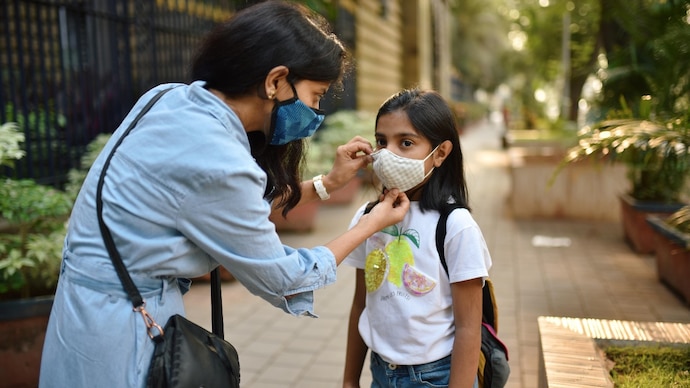
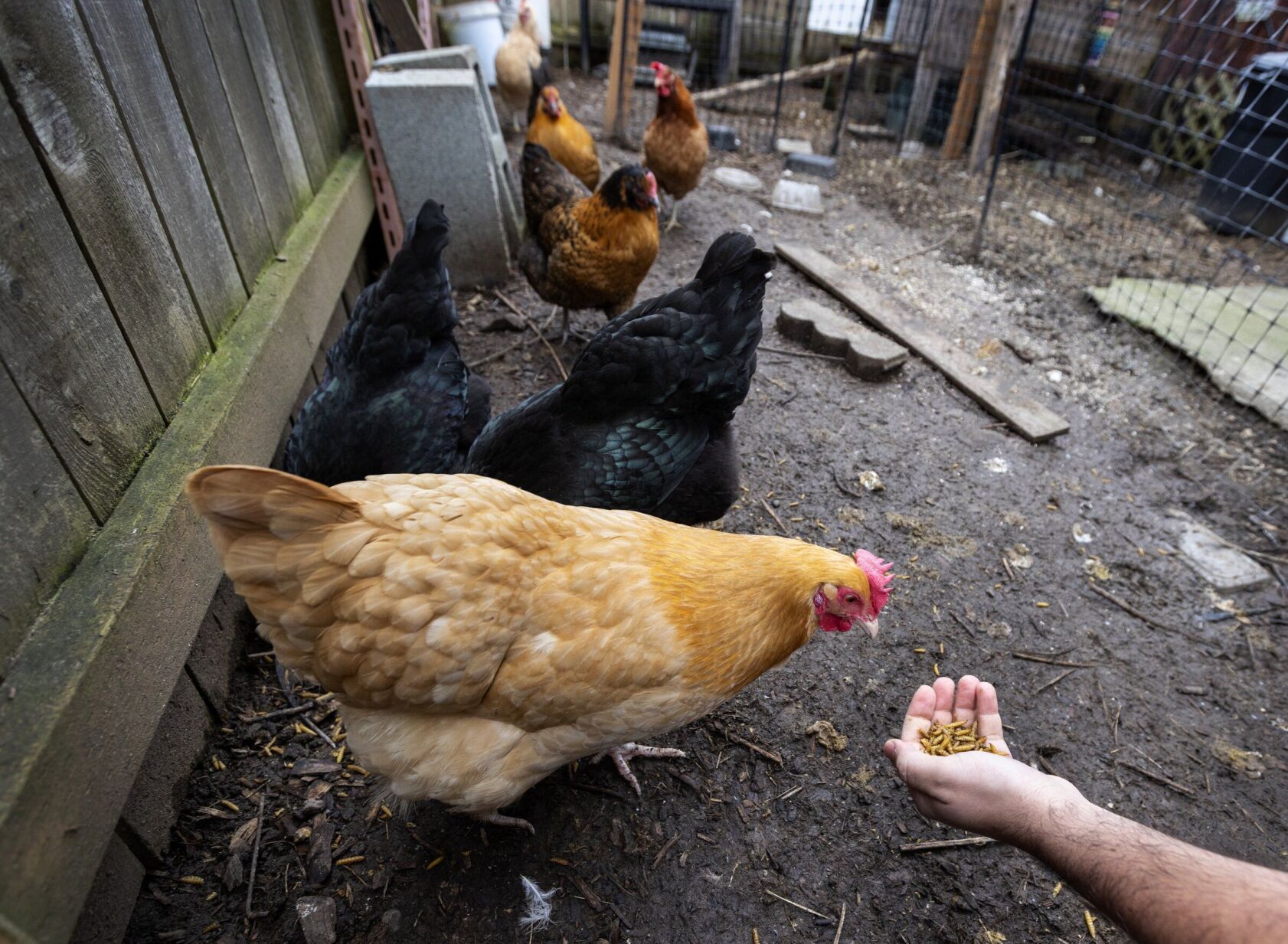
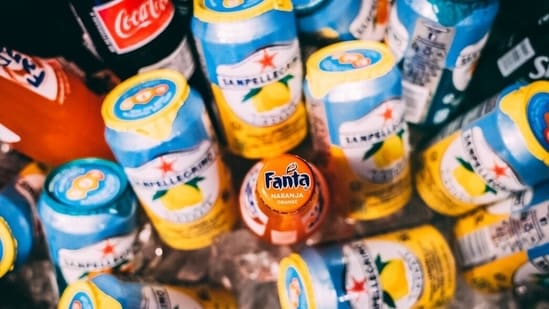

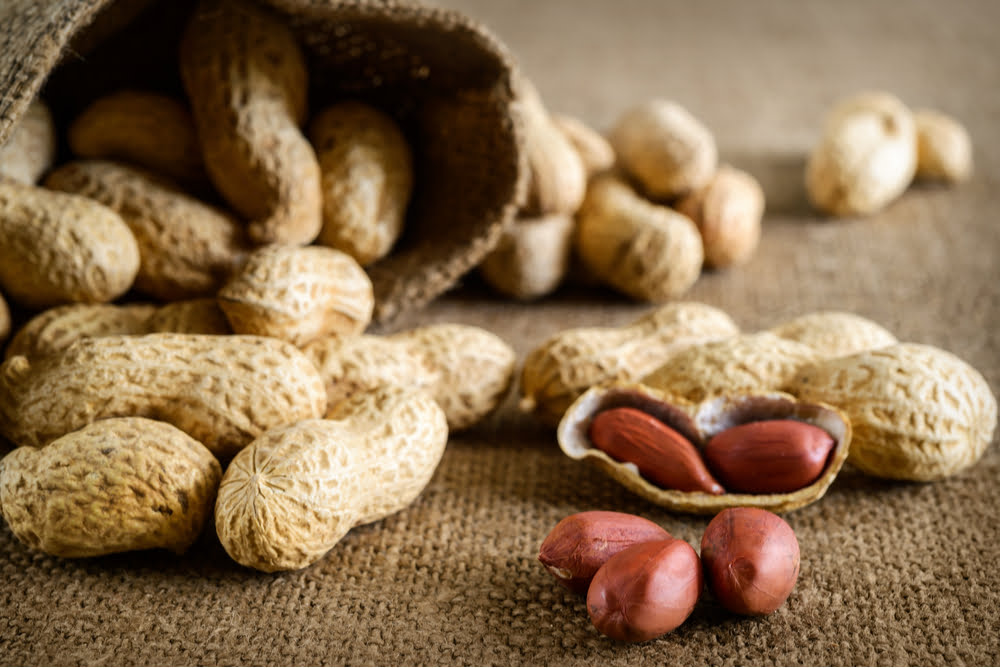


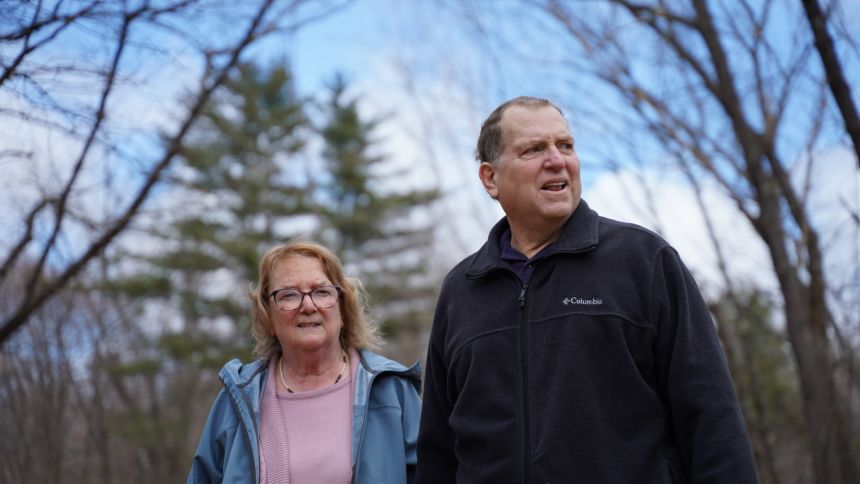



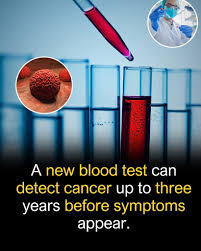
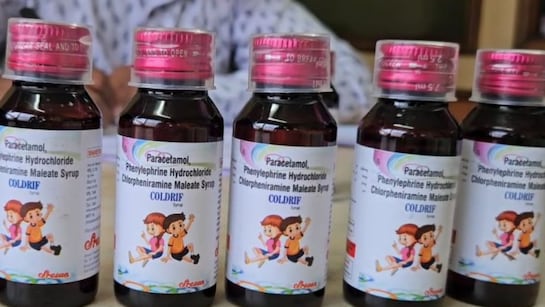
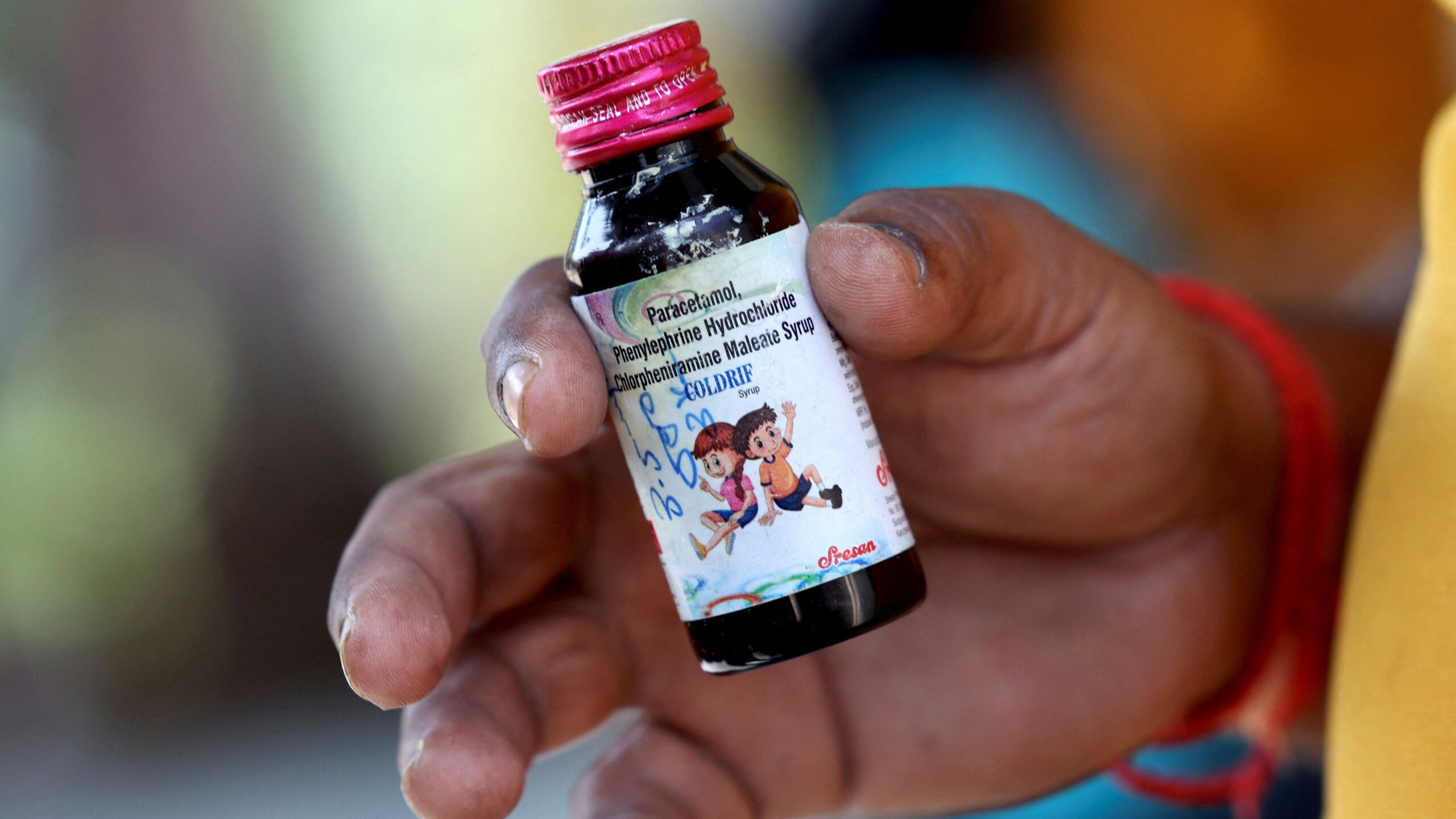



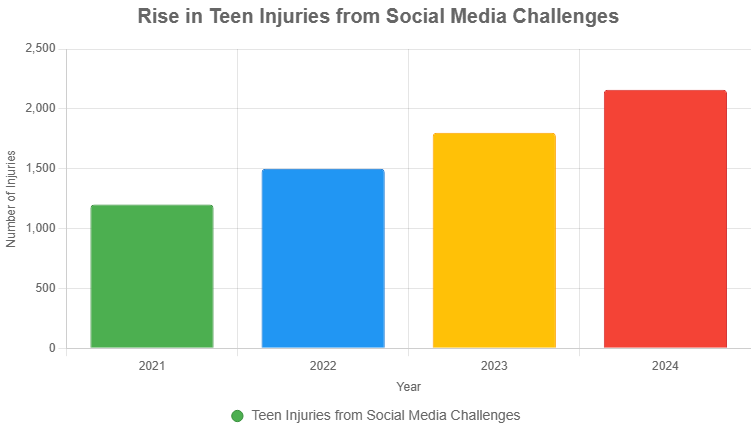




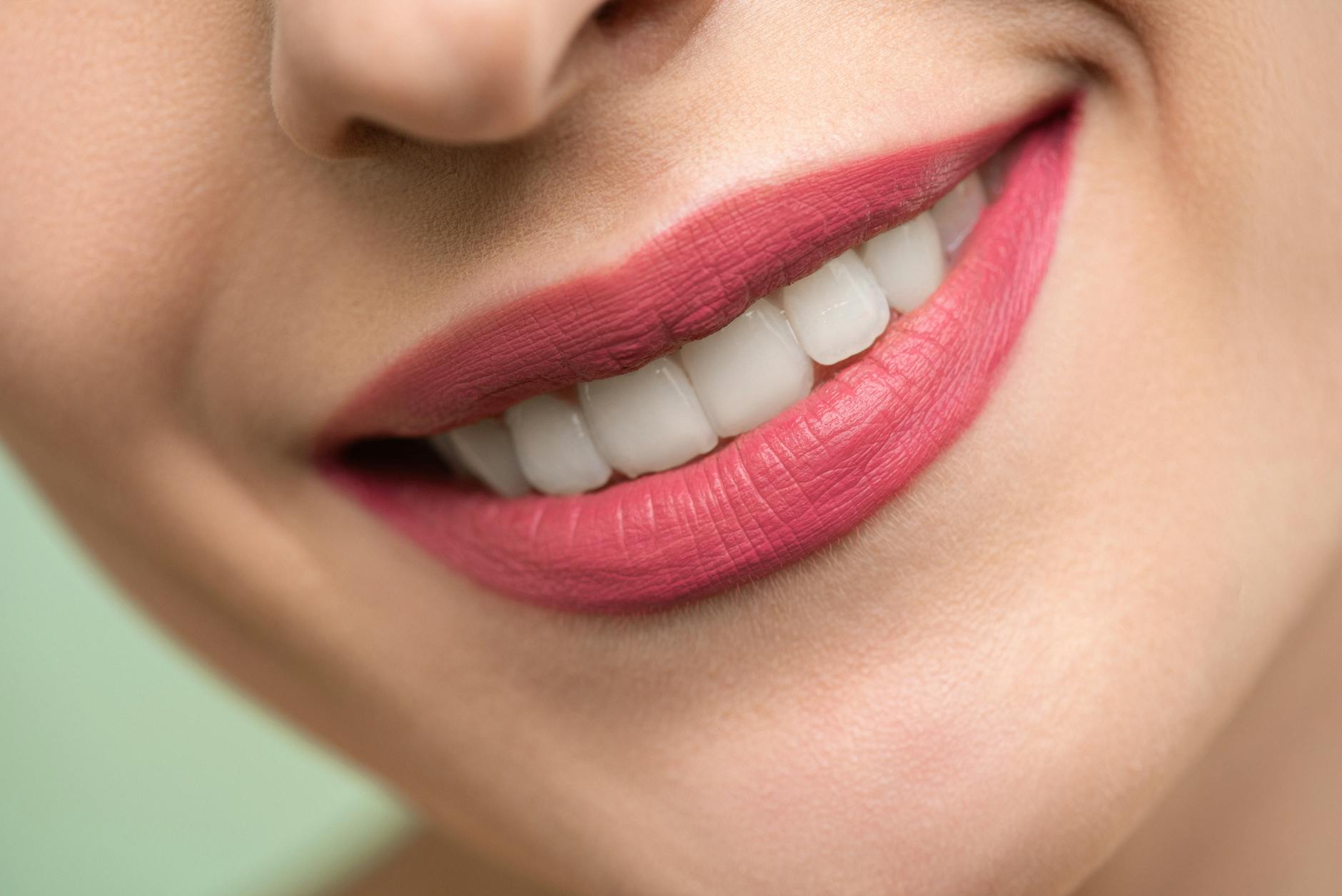
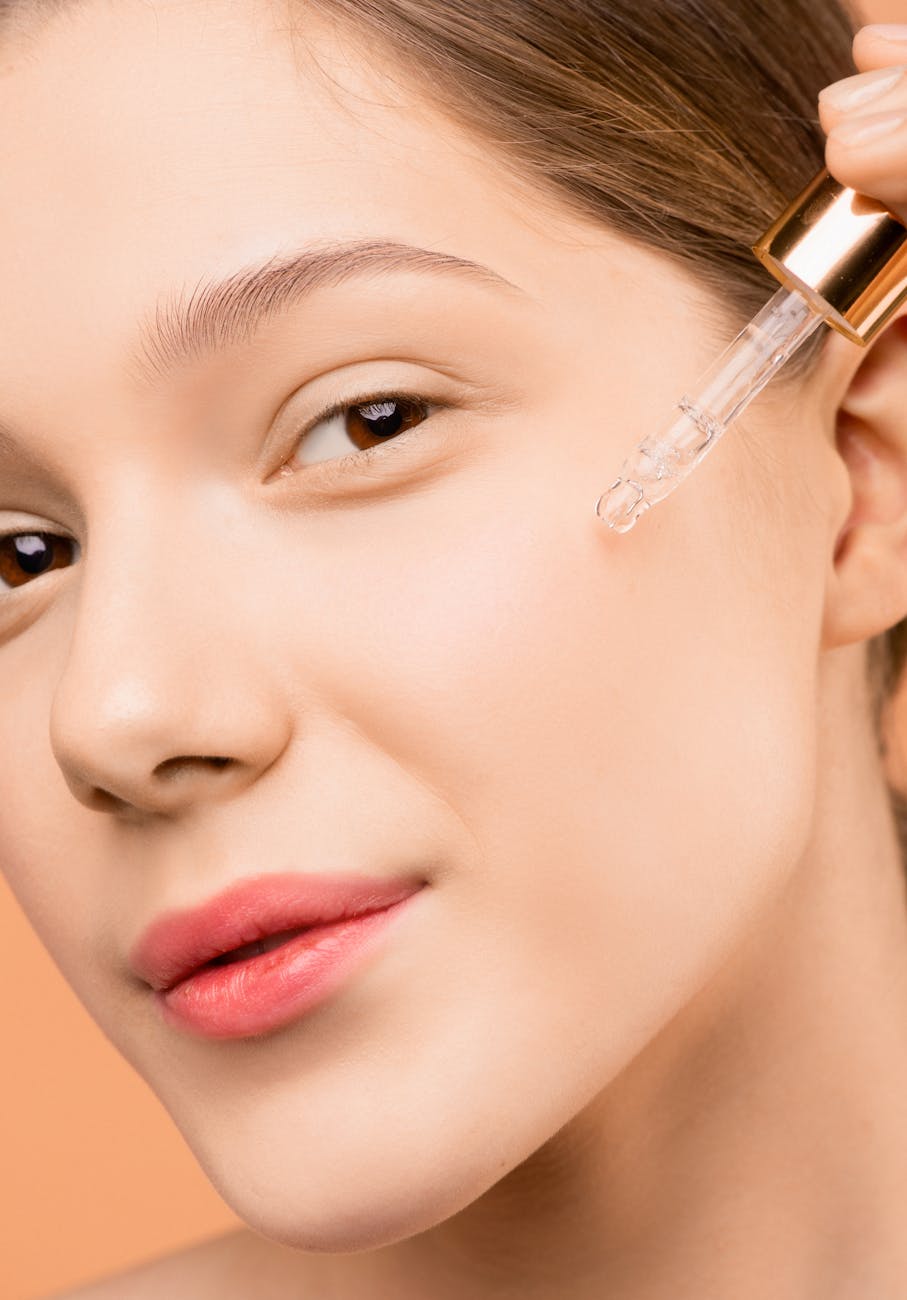





Leave a Reply